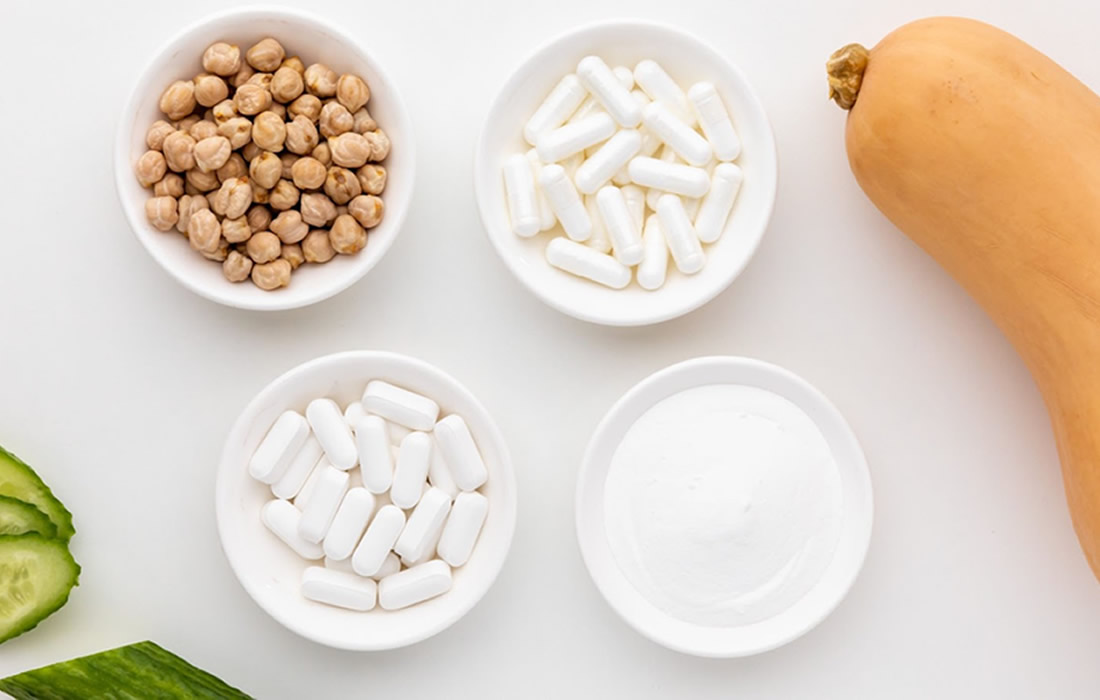Nutrition and Supplements
What effect do Nutritional Supplements have on Muscle Stem Cells?
Muscle Stem Cells also known as Satellite cells are needed in order to have muscle hyperplasia, hypertrophy or repair of muscle tissue.
Understanding the linkage between Stem cell activity and dietary components is a timely area of research. Whether simply elucidating the influence of dietary constituents on the Satellite cell proliferation and differentiation, or regenerating complex knowledge regarding the influence of diet on gene regulation or metabolism.
In a study made by Melinda E. Fernyhough, et al, more than 40 different metabolic compounds that are commonly found in commercially available oral supplements were exposed to primary muscle stem cells cultures to see if they could alter the proliferation or differentiation of the cells.
Among these compounds included in the study were amino acid analogs, fatty acids, minerals caffeine, plant extracts and over the counter supplements. Significant increases in cell numbers were found with the addition of the following compounds: Disodium 5-inosinate, Disodium guanosine 5-monophosphate (flavor enhancers), L-citrulline (amino acid) and Caffeine anhydrous powder (dehydrated caffeine).
In addition to consuming adequate caloric and protein intake during resistance training, creatine supplementation is generally regarded as effective for increasing muscle mass and strength. Other nutrients that have also shown effects in satellite cells are some fatty acids, such as conjugated linoleic acid (CLA).
The effects on muscle Stem Cells have been mostly studied for encouraging muscular hypertrophy. Affecting Stem cells should also have activity in non-athletic muscle activity, such as muscular wasting or sarcopenia in sick patients.
An important consequence of this type of studies is that we can gain additional knowledge about the mechanisms through which dietary supplements could be used to treat patients that have decreased muscle mass secondary to different conditions. Further studies need to be done in order to have a better understanding of how these findings translate to in vivo results in humans. Because the vast majority of them are made in vitro.
Source: Fernyhough ME, Bucci LR, Feliciano J, Dodson MV. The Effect of Nutritional Supplements on Muscle-Derived Stem Cells in vitro. Int J Stem Cells. 2010;3(1):63-67.
Source link: https://www.ncbi.nlm.nih.gov/pmc/articles/PMC4022691/

